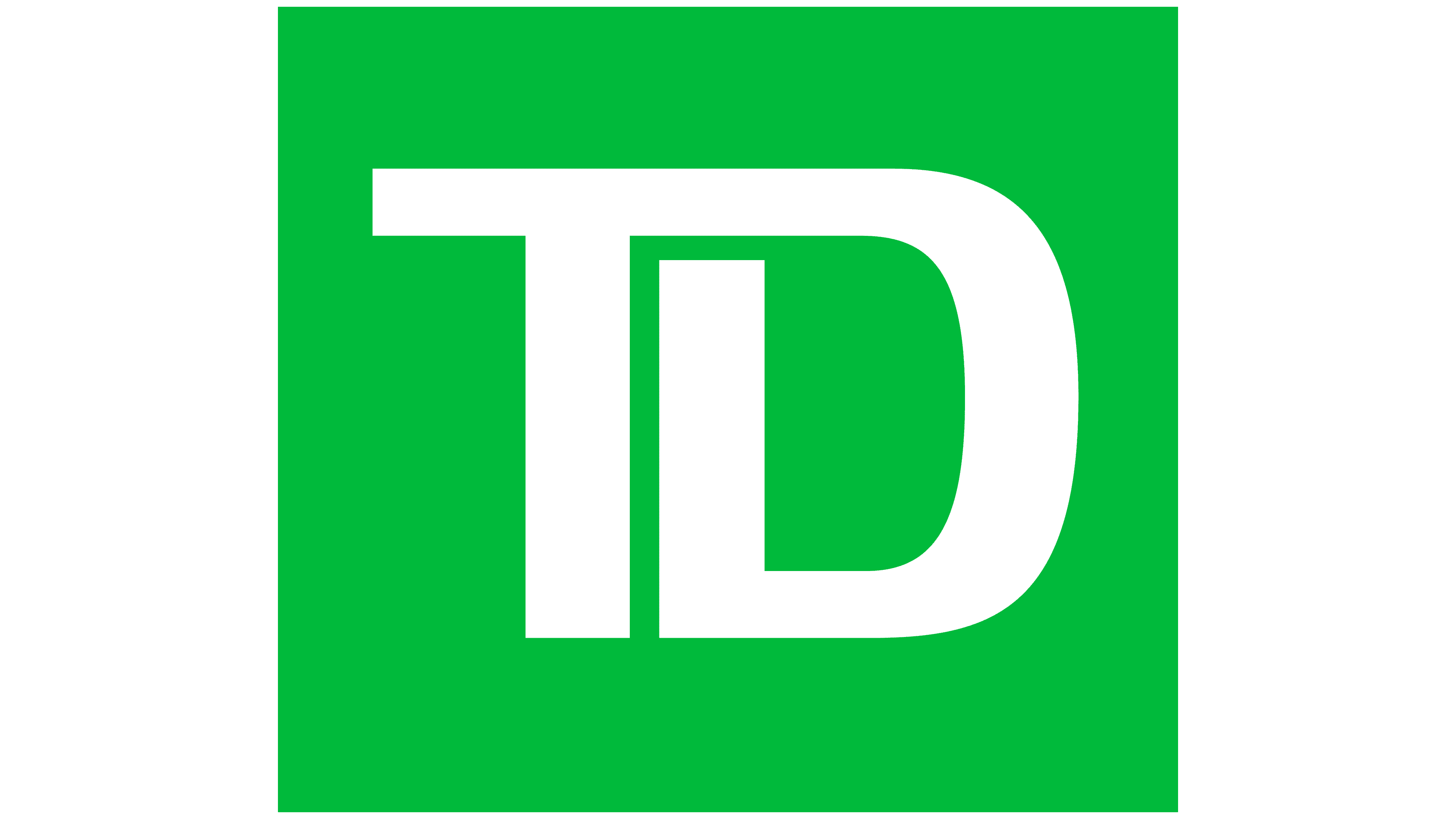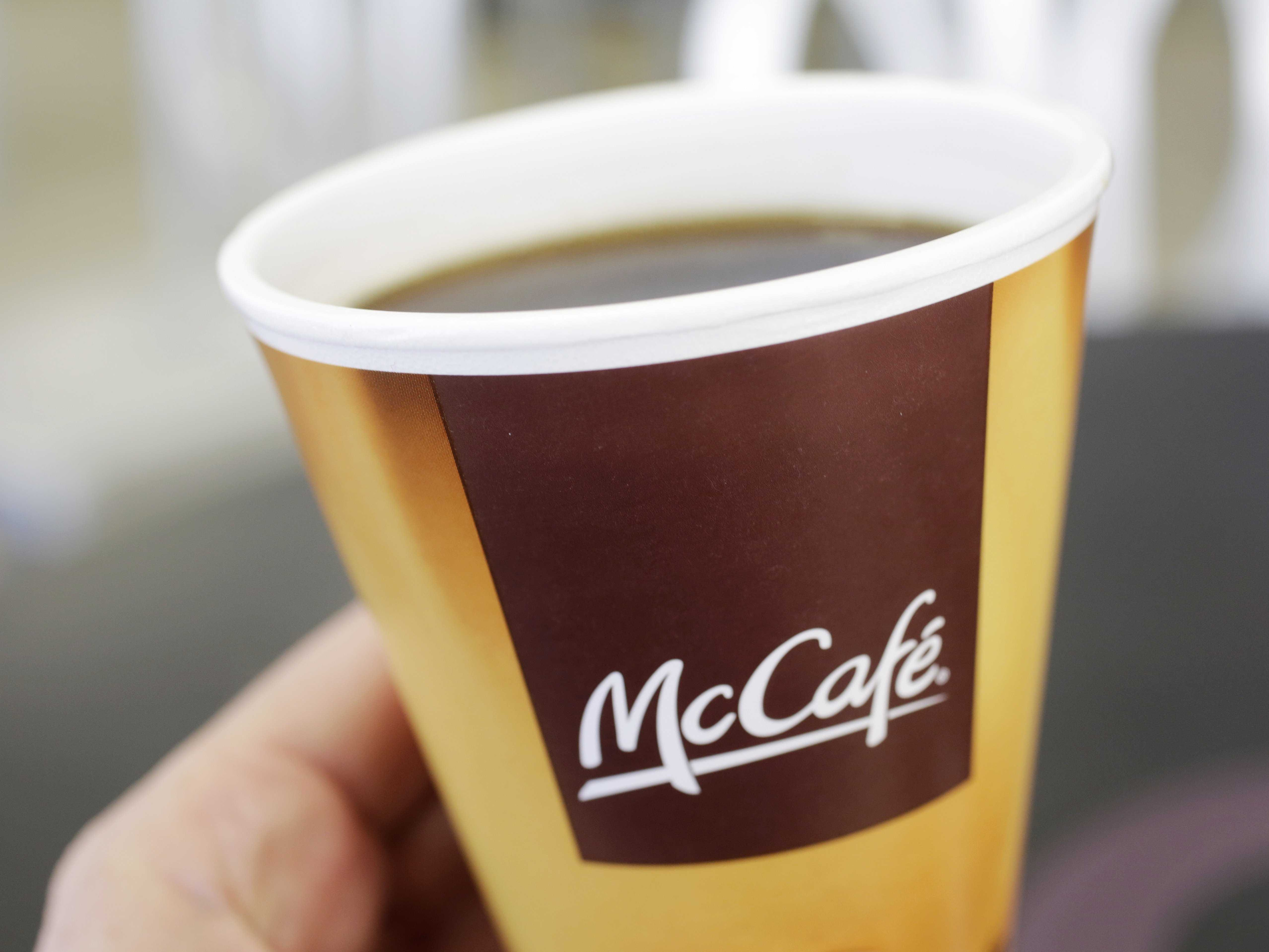TD Bank has made history as the largest U.S. bank to plead guilty to violating federal laws designed to prevent money laundering. The bank has agreed to pay more than $3 billion in penalties to settle the charges, according to government authorities on Thursday.
The plea deal includes an unusual asset cap and other business restrictions, resulting from multiple government probes into what officials called widespread failures. TD Bank’s stock dropped nearly 5% on Thursday afternoon in response to the news.
For years, TD Bank ignored warning signs from high-risk clients and fostered an environment that allowed criminals to thrive, authorities stated. In one case, the bank facilitated over $400 million in transactions that laundered money for fentanyl and other drug traffickers.
TD Bank, Canada’s second-largest bank and the 10th largest in the U.S., had two of its units plead guilty to conspiring to launder money and failing to file accurate reports or maintain an adequate anti-money laundering program, according to the Justice Department.
“TD Bank prioritized profits over compliance, compromising its standards to save on costs,” U.S. Attorney General Merrick Garland said at a press conference, noting that TD is the largest bank to admit to violating the Bank Secrecy Act.
The asset cap, imposed by the Office of the Comptroller of the Currency (OCC), is a rare and severe measure, delivering a major setback to TD, which had been seeking further expansion in the U.S. market, where it generates about a third of its income.
Incoming CEO Ray Chun assured investors on a conference call that the bank would make the necessary changes to strengthen its operations. “This is TD’s top priority, and mine as well. We are fully committed to meeting our obligations to regulators and getting this right,” Chun said.
However, some critics believe the penalty is too lenient. U.S. Senator Elizabeth Warren called the deal a “slap on the wrist” and accused it of letting bank executives off the hook for allowing TD to serve as a “criminal slush fund.”
TD Bank had failed to properly monitor over $18 trillion in customer transactions over the course of a decade, enabling three money laundering networks to move illicit funds through its accounts, according to authorities.
Bank employees reportedly “joked” about the lack of compliance, with some saying that TD’s slogan, “America’s most convenient bank,” also made it convenient for criminals.
Authorities said the compliance issues were known at all levels of the bank, and in some cases, TD only flagged suspicious activity after law enforcement intervened. There were also instances of tellers accepting gift cards as bribes.
“TD Bank was aware of its shortcomings,” said Deputy Attorney General Lisa Monaco. “But while the red flags were flying, TD Bank only saw green.”
As part of the settlement, the bank will pay $1.4 billion to the Department of Justice, a record $1.3 billion to the Treasury Department’s Financial Crimes Enforcement Network, $450 million to the OCC, and $123.5 million to the Federal Reserve.
The settlement also requires four years of independent monitoring and restricts TD from opening new branches or entering new markets without approval from the OCC.
The asset cap is a significant blow, comparable to the restrictions imposed on Wells Fargo after its fake accounts scandal. Though it may limit TD’s profits, the impact is expected to be less severe than the constraints on Wells Fargo, according to analysts.
The scandal has led to a major decline in TD’s stock and accelerated the departure of CEO Bharat Masrani, who has been with the bank for nearly a decade and previously oversaw its U.S. operations. Masrani will retire next year.
TD first disclosed the regulatory inquiries last year, shortly after abandoning a $13 billion acquisition of regional lender First Horizon. Investigations have since revealed that Chinese criminal networks bribed TD employees and laundered millions from fentanyl sales through branches in New York and New Jersey.
In response, TD has spent millions on compliance improvements, dismissed numerous U.S. branch staff, and appointed Canadian personal banking chief Ray Chun as its incoming CEO to lead the bank out of the crisis.
The bank has also begun clawing back executive bonuses and agreed to continue cooperating with ongoing investigations into individual wrongdoers.
TD’s clean-up efforts will take years, requiring significant investment, outgoing CEO Masrani said in a memo to staff obtained by Reuters.



